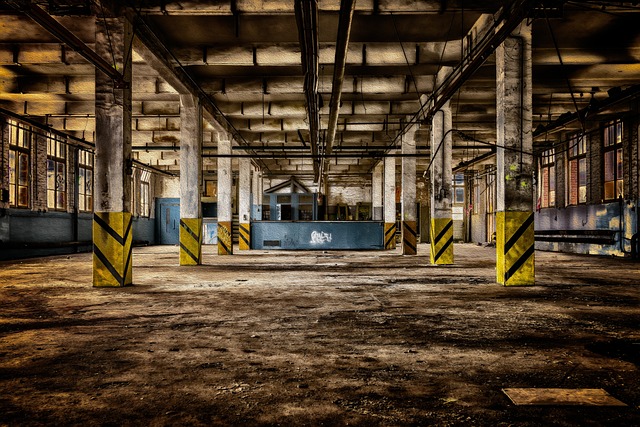Buying a factory requires a significant investment on your part, so planning and taking careful consideration is of the utmost importance. Entrepreneurs and businesses often purchase factories when looking to expand their operations. This is potentially an excellent move that provides incredible long-term benefits. Nevertheless, challenges and risks are involved, so it’s important to understand what you’re getting into before taking the plunge.
Controlling the production process is definitely a major benefit. The challenges include the need for time-consuming research, negotiating to get the factory at a fair price, and doing your due diligence.
Right now, we’ll look closer at the most important things you need to know when buying a factory in greater detail below.
Insurance Requirements
While buying a factory, you must take both property insurance & business content insurance requirements into consideration. Why? Insurance is important to protect your investment. Consider the following insurance policies as a brand-new factory owner:
- Property Insurance – property insurance provides coverage for the equipment, machinery, and the building itself in the event of natural disasters, theft, or fire. This is an essential policy for factory owners because it can pay for rebuilding or repairing costs in the event that the factory was damaged.
- Liability Insurance – factory owners are covered against legal claims by third parties, customers, or employees when they have liability insurance protecting them. This policy will cover factory owners against potential business-related risks.
- Workers Compensation Insurance – Worker’s Comp. Insurance provides coverage for lost wages and medical expenses in the event that an employee becomes ill or is injured while working at the factory. Australian law dictates that employers must have workers comp insurance to cover their employees in case they ever become sick or injured at work.
- Business Interruption Insurance – business interruption insurance is an excellent policy that covers income loss and other expenses that arise if the factory cannot operate. This insurance will cover the loss and make sure that the loss of income and operating expenses are covered for an extended period of time.
Choosing the Perfect Location
Finding the right location is critical to your success when buying a factory. The location must be near resources, have a local labor market, and be easily accessible. Consider the following regarding choosing the perfect location when buying a factory:
- Accessibility – is your new factory easy to reach? Will your employees, customers, and suppliers have no trouble reaching your location? It can be difficult to get the factories found in remote locations. You want a factory that’s easily accessible so your employees have no trouble commuting there and your suppliers have no problem finding the place while transporting goods to your location. An accessible factory will make your business more efficient overall.
- Resources Proximity – it’s best if your factory is near certain resources like electricity or water if they are required to run your business.
- Local Labor Market – will your factory require laborers with specific skills? Make sure there is a skilled group of talented employees available within your geographic area.
Inspecting the Factory
When purchasing a factory, it’s important to properly inspect the place to make sure it meets your needed requirements. While inspecting the property, look for the following:
- Physical Condition – examine the structure of the building, its appearance, and the overall layout. Look for wear and tear, cracks, leaky roofs, broken windows, etc. Make sure the HVAC system, plumbing, and electrical are all in working order.
- Equipment and Machinery – make sure the equipment and machinery are in good working order. Look for signs of rust, corrosion, wear and tear, broken or missing parts, etc.
Conclusion
As you know, buying a factory isn’t the easiest thing in the world. Use the information shared above as a guideline to help you pick the perfect factory to meet your business needs.
